“Stiff naked fools, you think you are cool.
To deny me for simplicity”
Bob Marley, 1983.
Confrontation
To be a president for a day would mean to have the ability to cut through the noise and get to the liver of things, the important stuff. This is not so much as to have a unifying theory of things. That would make one a sage not a president as praiseworthy as it may be. One needs a worldview to start at the job.
As I consider whether to take my flywhisk or Kalashnikov along to my first day at work, in this moment of quiet, let me dedicate a moment to Mr. Ronald Azairwe a representative of the well-meaning brotherhood of neo-nationalists. These are the patriots to whom defence of dignity, wealth and place of the Uganda in Africa and the world is their definitive cause.
It can be gathered that this worldview, of Uganda’s leaders in-waiting, is founded on a number of things. First it draws from some aspects of African nationalism and pride. The dignity of being black. If one were to historicize it, it also bleeds with the blood of the fight against colonialism and its violent successors. The revolutionary brand of this direction is best captured in the words of one of its heroes as “ a fundamental change”.
It’s primary tool, and sometimes its only tool is violence in self-defence. However as I have pointed out before even neo-nationalists like Mr. Azairwe must admit that the permanent geography, territory and ideas of African nationalism are mapped on the nations that colonial conquests left behind. So even when it comes to ideas of national defence, interest and the integrity of all of that, the corpus that neo-nationalism occupies is the carcass of the colonial estate. Sadly, the soul of that old empire, and idea of empire is a living ghost alive in the hallways and corridors of power.
It haunts them.
It is the idea of the flag, of sovereignty by the measuring bowl of European states, which alikeness is often the subject on how progressive an African country is adjudged; that is how fast it is becoming European. So neo-nationalism is built on a necessary and accepted fiction that to be a state, one in which black people can be proud in achievement, and even defend themselves within that polity, one has to believe in the sanctity of this European model of self-rule.
If I were president for a day perhaps this would be my first point of call. To unpack and re-imagine what this fiction really represents. After all I would be required to recite these aspects of government as if it were the Torah. For example, if I exercise power over the state through a constitution, what does it mean that it document is “supreme”? How is it that I have, simply because I was elected rough-, power to decide who lives and who dies?
While it becomes my charge now to manage the books of the government, its taxes and production, what really does it mean that I ritualize this work by seeking the endorsement of another body called a parliament? This is the institution that has the power to make and unmake laws. It is also a place where the self is never above the service. Politics in its ghoulish halls demands that consensus is orchestrated by bargaining over debts and money.
It is this consensus that is dressed up in the garb of noble constitutional duty, which from time to time includes simply tearing the constitution itself to pieces.
I would be mindful about my mental health in these circumstances when being referred to as “ a fountain of honor”. A ledger of who owes who is responsible for that title and instead of president I may simply be a clever accountant instead. Even if that is “the name of the game”, knowing that the idea of a “fountain of honor” like many things about the sovereign at the head of the state is borrowed from the time European ruling houses believed in their divine right to rule and acted as gods does not help, does it?
It would perhaps be clear to me, as I contemplate the clearing of roads on my way to the office that African nationalism and the neo-nationalists who now defend it have been engaging in a ritual of false praise. They praised their good fortune in being left in charge of the state. They fought each other for it and praise those who won. They praise their “homeland” now if it acts like a “normal state” – like its European parents. Yet again they also praise their leaders, not much differently from the way sovereigns were feted, as imperial do-gooders whose right to disrupt and organize their lives has been secured by acts of revolution and patriotism. Above all – they consider this industry defensible against any aggressors domestic or external – especially the ultimate bogeymen of competition between states, the former colonialists.
This ritualized praise is the stuff we see of patriotism today. The neo-nationalist adores their recently designed national flags. He or she also condemns or praises the efforts of leaders and institutions to tether progress in the likeness of the modernity of European states (and their copycat opponents in Asia and elsewhere) who have made true that adage that “poor is a student who does not surpass their master”. They read Lee Kuan Yew.
I might find this logic too limiting.
It is true Uganda’s intellectual class is a praise society that bests itself in a daily of flagellation on why the country is not like others or has not met its potential in the race to become. But how can a nation aspire to simply be an imitation? and when will it reproduce itself? If its intellectual class is enslaved in the seminary of this imitation industry when will it seek to better itself on its own terms? Or even consider if these terms exist? Is this really the liberation of African nationalism?
Let me however, as I thank goodness that coffee is a national product, consider why this praise society thinks this way since my own liberation may require I carefully evaluate the issue as a political, social and economic reality. For example, and with some merit, the praise society today of the neo-nationalist believes that the past 30 years in Uganda is akin to the age of enlightenment in Europe, a period of rapid transformation and flood of ideas and innovation that has irreversibly changed the country – mostly for the better.
Two questions abide here. First is whether it is true? Has the last 30 years been a period of the flowering of ideas and innovation? What is the basis to say that this is an enlightened era? What are the major ideas that support the contention that a new epoch, a fresh gravitas with far-reaching and deep effects on the Ugandan reality and experience is underway?
Secondly even if there are in fact irreversible changes to Ugandan society, politics and economy, do they amount to enlightenment? Could they not simply be merely changes – the so-called growth without transformation that are the result of more a normal political development?
Obviously being president is not easy one can see.
My first day may require that I take down the portraits of past leaders including myself from the walls of state house, lower the national flag so that I do not look, stiff necked, up high at its aspirations but down low at its base.
I will go to bed on a diet of Bob Marley, a half-African who I know transcended many identities.

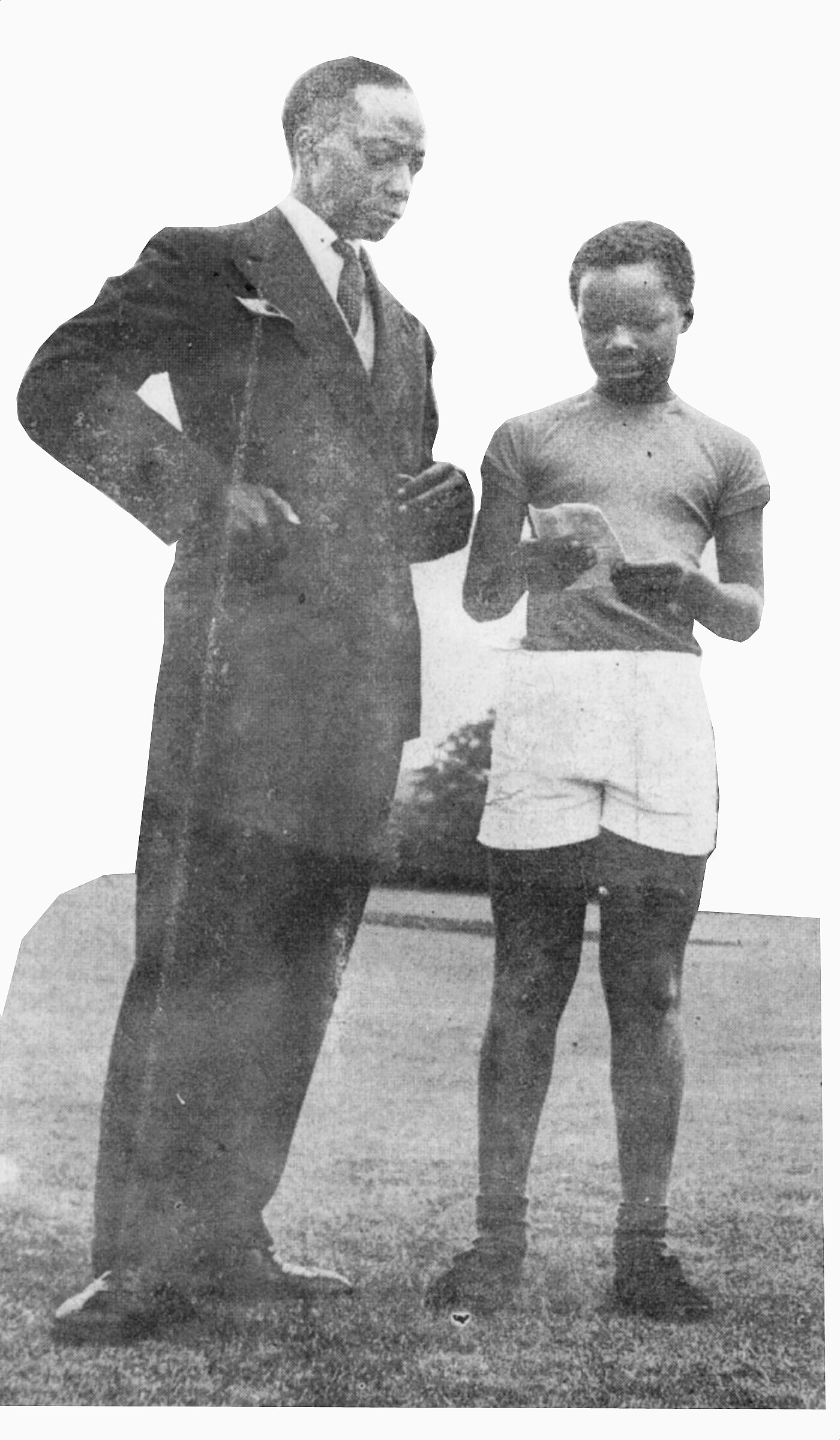





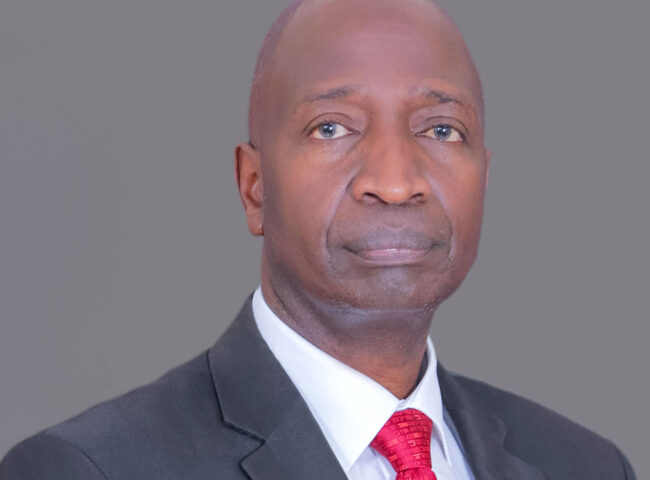
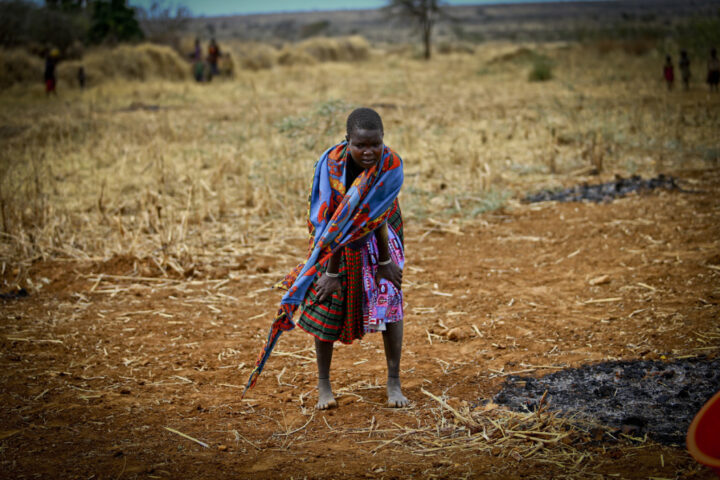
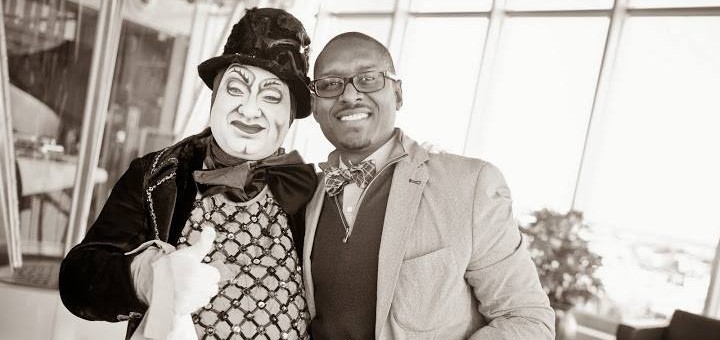
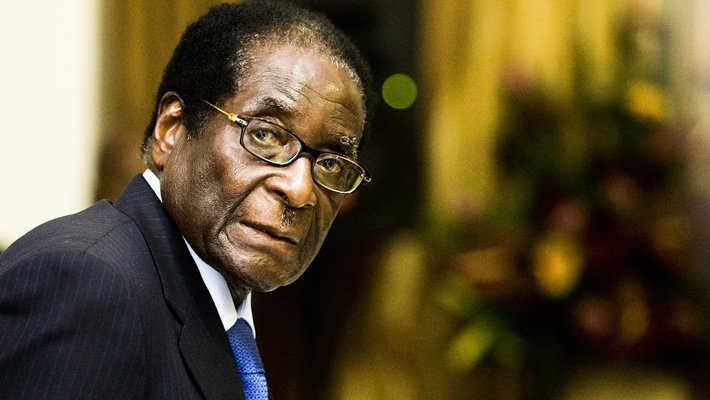
[…] I have written elsewhere this week the limitations of Africa’s post-independence leaders has been never to […]